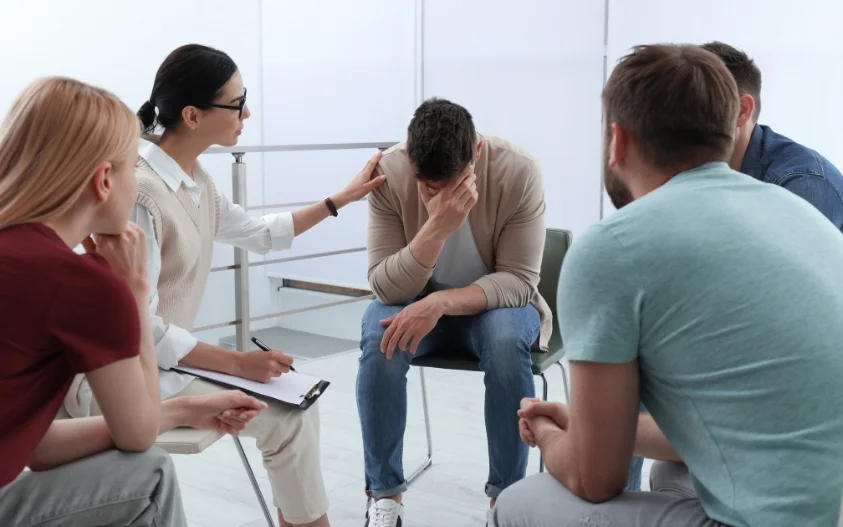24/7 Helpline:
(866) 899-221924/7 Helpline:
(866) 899-2219
Learn more about PTSD Rehab centers in Davidson
PTSD Rehab in Other Cities

Other Insurance Options

Optima

PHCS Network

Medical Mutual of Ohio

United Health Care

Sutter

State Farm

Humana

Amerigroup

Meritain

Cigna

UnitedHealth Group

Magellan

MHNNet Behavioral Health

Highmark
Beacon

Health Choice

Molina Healthcare

Horizon Healthcare Service

CareFirst

Self-pay options

Carolinas HealthCare System Behavioral Health
Carolinas HealthCare System Behavioral Health offers a variety of mental health and substances abuse...

Triple Play Farm
Triple Play Farm is a private rehab located in Davidson, North Carolina. Triple Play Farm specialize...


Hammett Counseling And Consulting
Hammett Counseling And Consulting is a public rehab located in Cornelius, North Carolina. Hammett Co...



































































Crossroads Reentry Ministries – CRM
Crossroads Reentry Ministries - CRM is a Non-Profit rehab center located in Huntersville, NC. Crossr...






























